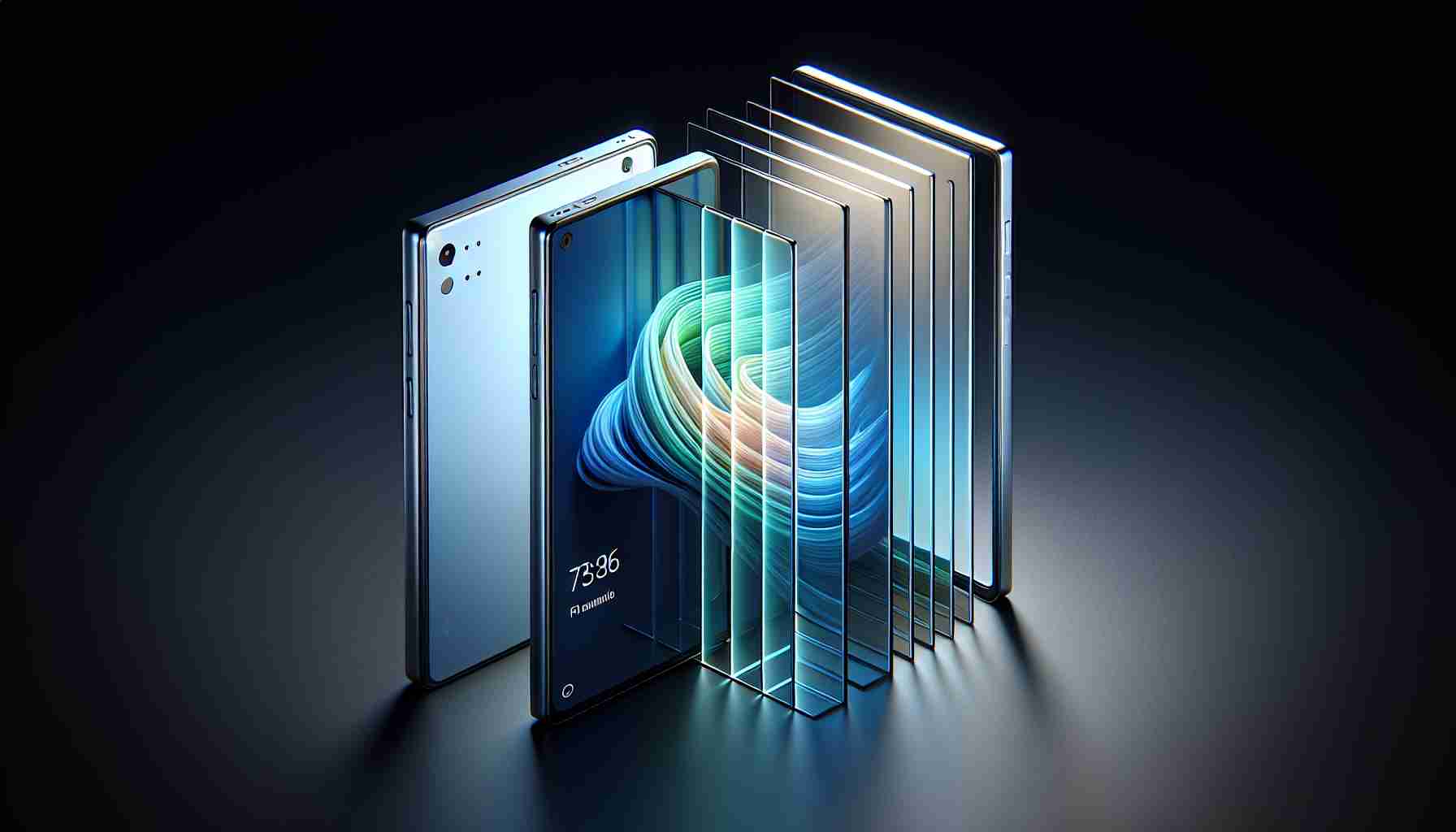Apple has been known for pushing the boundaries of smartphone design, and it seems that the upcoming iPhone 17 series might take thinness to a new level with its rumored “iPhone 17 Air.” Enthusiasts are buzzing with excitement over the potential for a slimmer iPhone, especially considering the trend of larger devices in recent years.
Will Apple redefine thin? Reports suggest a significant design change with the iPhone 17 Air, although achieving extraordinary thinness presents manufacturing challenges. The primary obstacle appears to be the battery. According to industry chatter, Apple is likely to stick with its current battery technology due to cost considerations. This decision may prevent the iPhone 17 Air from becoming drastically thinner than its predecessors.
Current rumors indicate that the battery could be around 6mm thick, implying the overall device might not dip below this mark. For context, the slimmest iPhone to date is the iPhone 6, released in 2014, with a thickness of just 6.9mm. As the tech community wonders if the iPhone 17 Air will surpass this benchmark, the question isn’t just about design but about functionality and innovation.
A nostalgia for thinness? Reflecting on past models, many realize how impressively slim the iPhone 6 was—it could have even carried the “Air” moniker. As anticipation builds for Apple’s newest release, we wait to see if the iPhone 17 Air will become a landmark in the evolution of sleek, powerful smartphones.
Are Ultra-Thin Smartphones the Future or Just a Passing Trend?
The race to create the thinnest smartphone isn’t just a technical challenge; it’s a philosophical debate about what consumers truly desire. With Apple’s rumored iPhone 17 Air, question marks surround the priorities of technology and human needs. While a sleeker design certainly turns heads, there are compelling reasons to both support and oppose the relentless drive for slimness.
Breaking It Down: Innovation or Overzealous Design?
As the push for unprecedented thinness continues, one must consider the dual impacts this design choice has on technology and consumer experience. For starters, the ongoing quest for slimmer devices often comes at the cost of battery capacity. Although modern processors and software can mitigate energy consumption to some extent, a smaller battery frequently correlates with a shorter device lifespan on a single charge. Is some extra space in your pocket worth the hassle of having to carry around a power bank?
Moreover, the materials used in ultra-thin phones can sometimes compromise durability. As witnessed with some previous generations of slim devices, a thinner frame can lead to structural weaknesses, making them more susceptible to bending and damage. The question arises: Are we sacrificing sturdiness for style?
Why Thinness Matters and the Market Dynamics Involved
The fixation on ultra-thin design may very well be a reflection of broader trends in consumer electronics. In a world where minimalism and elegance are highly prized, Apple’s push for a thinner iPhone could cater to a specific market segment that values these attributes above all else. However, it’s worth contemplating how much influence this drive has on the innovation pipeline. Could the resources dedicated to achieving extreme slenderness be better invested in enhancing other features, such as camera technology or augmented reality capabilities?
Advantages and Disadvantages
Advantages:
1. Aesthetic Appeal: Thinner devices universally attract attention for their sleek appearance, potentially enhancing brand prestige and consumer allure.
2. Portability: A slimmer profile generally means a lighter device, making it easier to carry without compromising on screen size.
Disadvantages:
1. Compromised Battery Life: Smaller size often translates to a reduced battery capacity, possibly diminishing the overall user experience.
2. Durability Concerns: Thinner phones may be more vulnerable to physical damage and could lead to quicker wear and tear.
Questions to Ponder
As technology advances, we must ask ourselves: How important is extreme thinness in the grand scheme of smartphone innovation? Could this focus shift away from pragmatic technology advancements that genuinely enhance user experience? Moreover, what are the environmental implications of consistently producing new models with revised design priorities?
These considerations point towards a more nuanced understanding of smartphone design and manufacturing. It’s an ongoing conversation that compels us to balance aesthetics with practicality.
For more tech insights, explore Apple and other reputable sources in the tech community.







